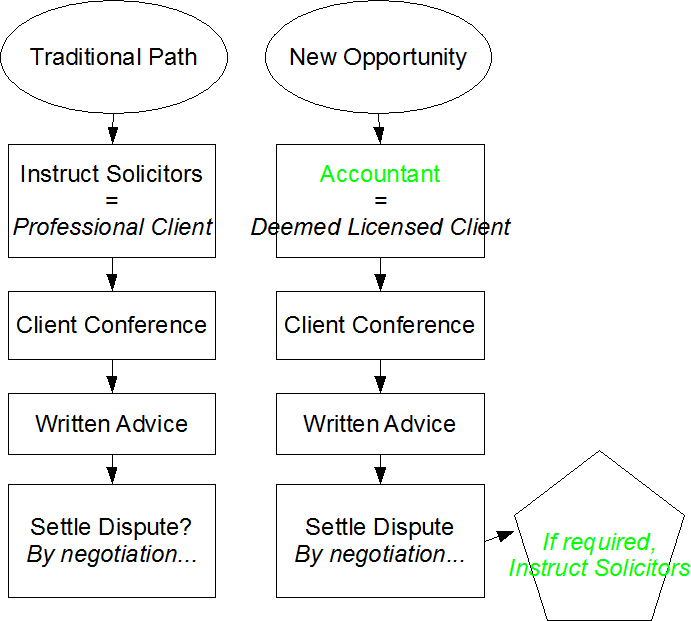Marital breakdown does not mean unavoidable familial and financial trauma. It is important to approach the tidy up exercise post-divorce constructively, with patience and an open mind. Divorce law is a non-legal phrase that usually relates to the 3 most important items that need to be resolved at the end of a marriage:
- The actual “divorce”, which is the legal recognition of the end of a marriage crystallises in the form of a “decree absolute”. This is important as it allows you to legally marry again. This is usually the easiest part of the divorce process – it usually means modest court and legal fees and a wait of a number weeks. The law is clear and set out in the Matrimonial Causes Act 1973 – blameworthiness on the part of one or the other for the breakdown of a marriage is almost irrelevant in most cases.
- Children. If there are children involved, whether or not the husband and wife are biological parents, then the issue of who the children should continue to live with and what kind and level of contact should be enjoyed with the other will need to be dealt with. The law is set out in the Children Act 1989. The most important principles include: the welfare of the child is of paramount consideration; any delay is likely to be prejudicial to the child’s welfare; no order principle: no order should be made unless it is better for the welfare of the child. In the first instance, parents should attempt to settle this issue consensually. If that fails, attempt to negotiate a settlement with the assistance of legal advisers – you will be surprised how often a legal reality check proves successful. Finally, there is the option of issuing proceedings in court.
- Finances aka Ancillary Relief. The importance of this final item must not be underestimated. Whether or not either party to the marriage brought assets into the relationship or assets were built up during the term of the marriage, whether one party has a substantially greater income than the other or not, any legally advised settlement is likely to mean there is a short or long term adjustment (I prefer not to call it a redistribution) to the main assets in the marriage whether they are: the family home; pension; right to the greater income of the other; family heirlooms; the dog, etc. E.g. if a wife has given up work to look after the home or children, she is likely to be entitled to maintenance payments or a capital sum in lieu, if a wife inherited or is shortly due to inherit wealth, the husband may be entitled to a share. The law in this area is fluid and a fair settlement requires a careful review of the particular history in each case. Once again, the best approach is often to reach a consensual settlement between the parties after receiving legal advice. Rarely is it appropriate to split everything 50/50!
Whether you have a phobia of seeking legal advice or you generally consider legal advice is not financially efficient, on at least step 3, you must seek legal advice. If for nothing else, to guard against further claims in the future from the same ex-marital partner.
Watch this space as I share with you the key principles underpinning the 3 most important issues in divorce law.
*Complete the online enquiry form and see if I can help you.*
If any readers have questions on this article, they will be happily received @ taj.uddin@gcp-barristers.com.
Taj Uddin, MA Oxon
Barrister, Guildhall Chambers Portsmouth
Practising in London and the South (Salisbury to Brighton, Oxford to IoW)
